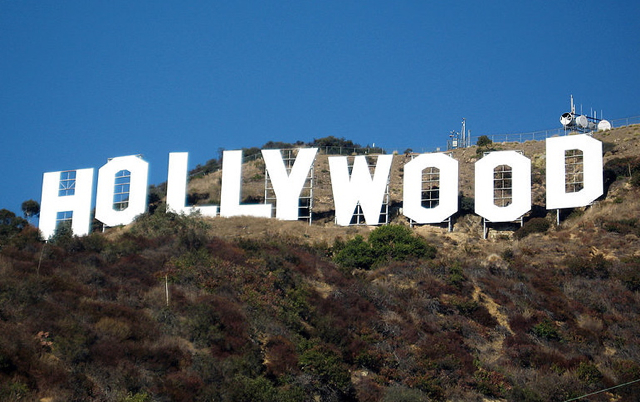Department of Justice Revisits Paramount Consent Decrees
August 7, 2018
The U.S. Department of Justice stated it is now reviewing the so-called Paramount consent decrees, settlements struck between 1948 and 1952 that govern the way movie studios do business with movie theaters. The DoJ’s announcement was unexpected, and could have major implications for how Hollywood does business. Those 70-year old decrees broke up Hollywood studios’ monopoly over production, distribution and exhibition by making them sell their theater chains. The review is aimed at ending outdated antitrust judgments.
The Los Angeles Times reports that the decrees “followed a landmark Supreme Court case in which the justices found the studios had illegally conspired to fix prices and monopolize the distribution and theatrical markets … [and] banned multiple studio practices that were found to be anti-competitive.” Among the practices banned was so-called block booking, “in which studios leveraged their most popular movies to boost the box-office receipts for their worst films, and the setting of minimum prices for movie tickets.”
According to the DOJ’s assistant attorney general for the antitrust division Makan Delrahim, “the Paramount decrees have been on the books with no sunset provisions since 1949.” “Much has changed in the motion picture industry since that time,” he explained. “It is high time that these and other legacy judgments are examined to determine whether they still serve to protect competition.”
Among the changes cited is the fact that, “cities have multiple competing cineplexes with many screens populated by movies from every studio,” meaning a studio can’t dominate an area with a single movie theater, and that “consumers now have more choices when it comes to entertainment.”
Smaller distributors and theater chains, however, could be negatively impacted by deregulation, making it harder for them to compete with such behemoths as AMC Theatres and Walt Disney Co. To control content and compete with rivals, Disney is buying Fox assets and AT&T bought Time Warner.
“The relationship between studios and theaters is under pressure,” said USC movie business professor Jason E. Squire. “If anything should change, it should be in favor of the exhibitor. I don’t see how returning to block booking is going to help theaters.”
Only a few years ago, the government began strict enforcement of restrictions on clearances, “the controversial practice of granting exclusive rights to show a movie within a certain radius,” a practice that, say smaller theater chains, “allowed larger companies to squeeze them out.” Currently, noted DoJ, “none of the studios bound by the Paramount decrees owns a significant number of theaters.”


No Comments Yet
You can be the first to comment!
Sorry, comments for this entry are closed at this time.